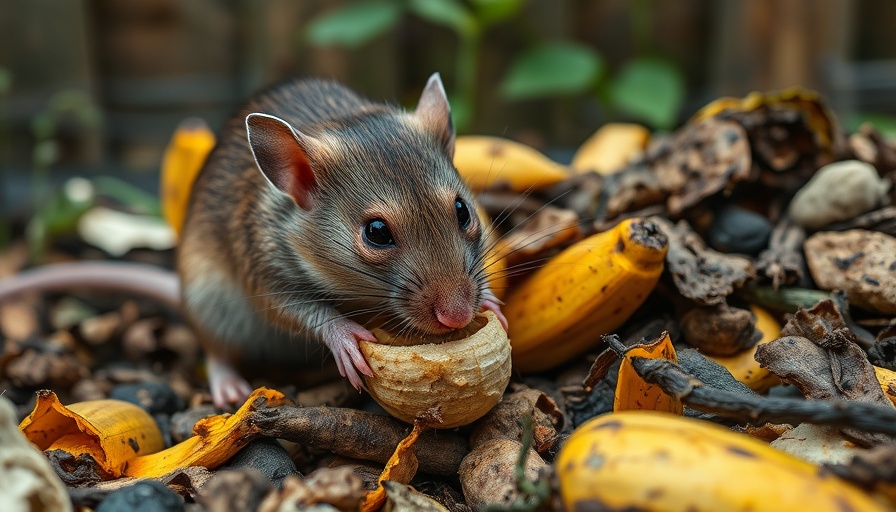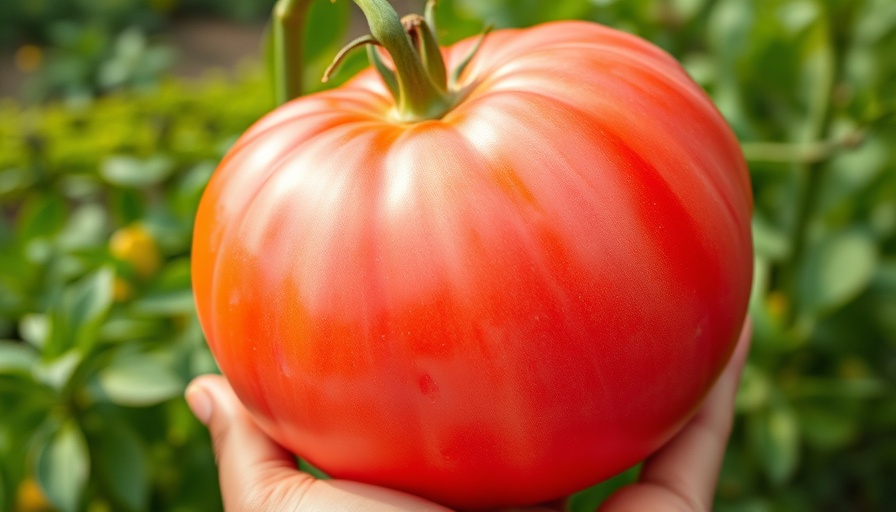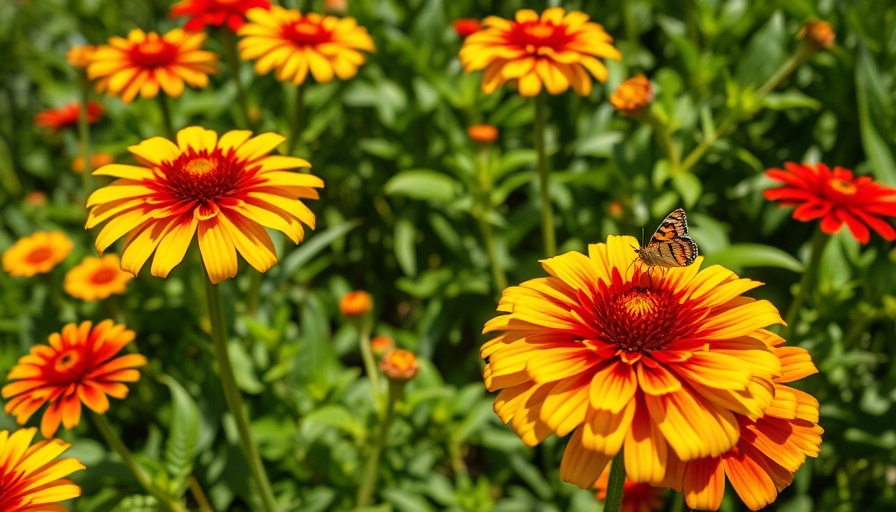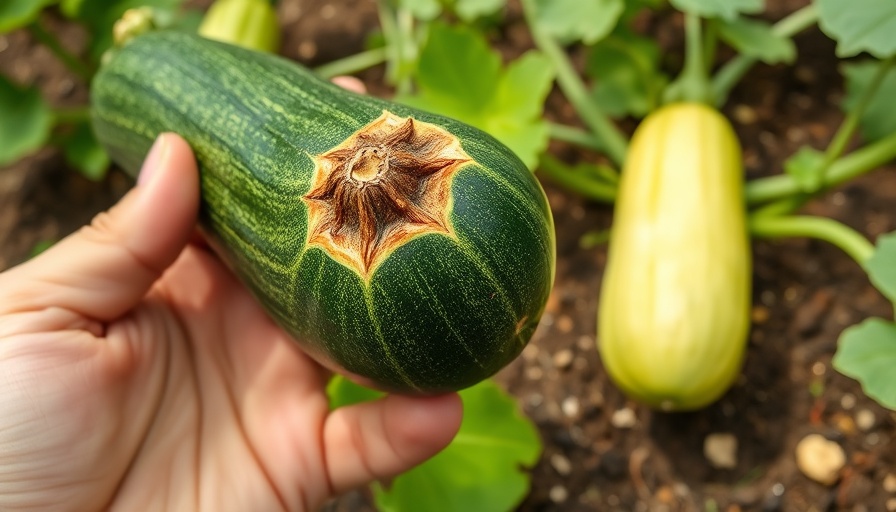
Understanding the Role of Pests in Compost
Despite the negative connotation they often have, pests play an essential role in healthy composting. Beneficial insects, like worms and various microbes, are crucial for breaking down organic matter into nutrient-rich humus. However, unwelcome guests, such as rodents and raccoons, can disrupt this natural process.
Rodents are particularly attracted to compost piles during food shortages in their environment, making it essential to take preventative measures, especially in urban and suburban areas. As they rummage through your compost, they can not only create a mess but also potentially contaminate your organic material.
Building and Maintaining a Healthy Compost Pile
The foundation of a pest-free compost pile is a well-maintained one. Ensure your compost has a balanced mix of 'greens' (nitrogen-rich materials) and 'browns' (carbon-rich materials) in a 30:1 ratio. For instance, kitchen scraps, which are typically moist, should be balanced with dryer materials like straw or leaves. This balance not only promotes effective decomposition but also keeps the pile less appealing to pests.
Turning Your Compost
Regularly turning your compost helps aerate it, speeding up decomposition while minimizing odors that could attract unwanted animals. Use a pitchfork to aerate your compost every few weeks and monitor the moisture level; it should neither be too wet nor too dry. If it begins to smell or attracts pests, adjust the carbon and nitrogen balance accordingly.
Effective Barrier Techniques
Implementing physical barriers can also deter pests from accessing your compost. Consider laying wire mesh over the top of your compost pile to prevent rodents while allowing ventilation. You can also use an enclosed compost bin that restricts access and helps maintain an ideal environment for decomposing materials.
Alternatives to Traditional Composting
If you continue to experience pest issues, alternative methods like vermicomposting (using worms) or bokashi composting (a fermentation process) can be effective. Both methods take up less space and can easily be done indoors, reducing the risk of attracting outdoor pests.
Leveraging Local Landscaping Advice
Residents of Muskegon can benefit from local expertise when it comes to effective pest prevention in composting. For instance, consulting knowledgeable services like Norther-LawnCare can yield tailored strategies that incorporate local environmental factors affecting your compost.
Grow-At-Home Success Tips
To achieve maximum efficiency in your composting efforts, explore innovative solutions such as building your own composting barrel or considering automated watering hacks for your garden. These projects not only enhance composting success but also serve as rewarding DIY activities that beautify your outdoor space.
The Importance of Composting
Composting is more than just a method for waste management; it's a sustainable practice that contributes to the health of your garden and reduces your environmental footprint. By understanding and implementing effective pest prevention techniques, you can maintain a thriving compost pile that serves your gardening needs.
With the right practices in place, your composting endeavors can flourish without the hindrance of pests. To ensure the health and productivity of your outdoor spaces, cultivate a balanced compost pile and embrace learning from both nature and local expertise.
 Add Row
Add Row 
 Add
Add 


Write A Comment